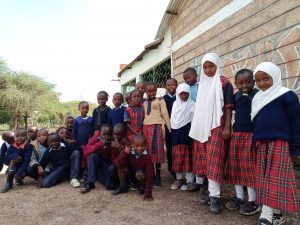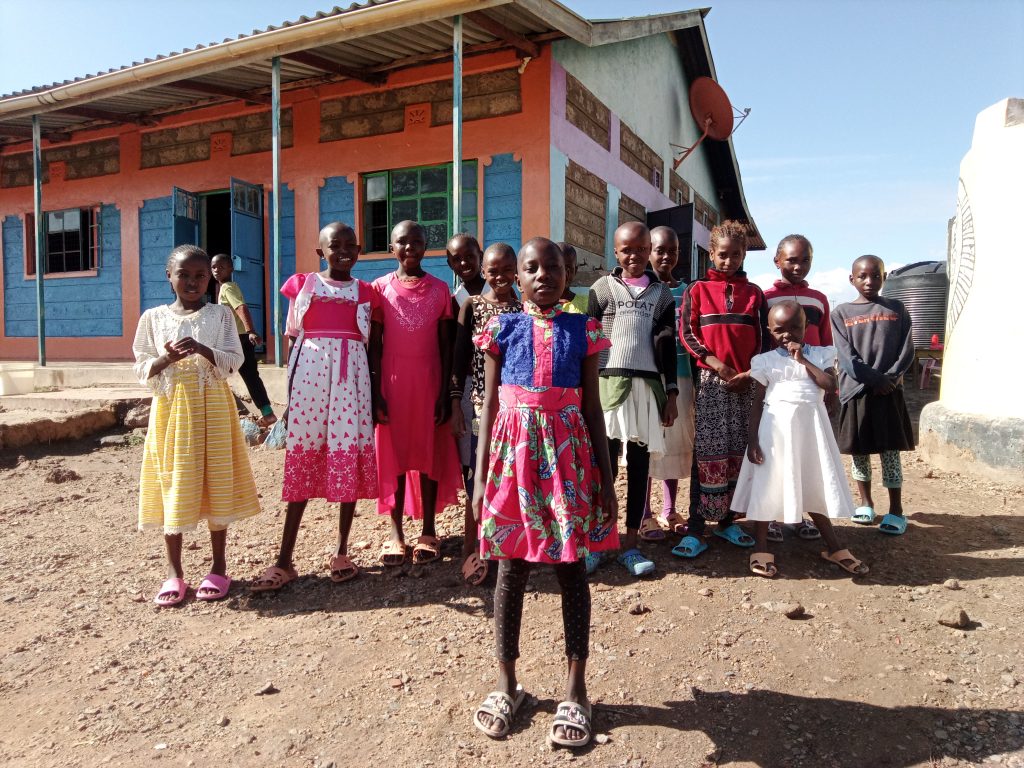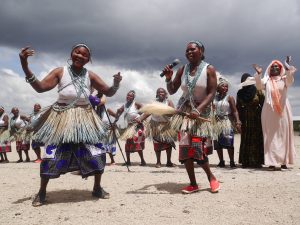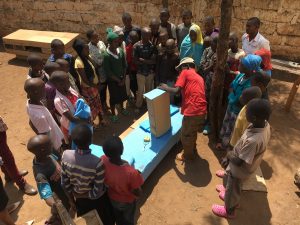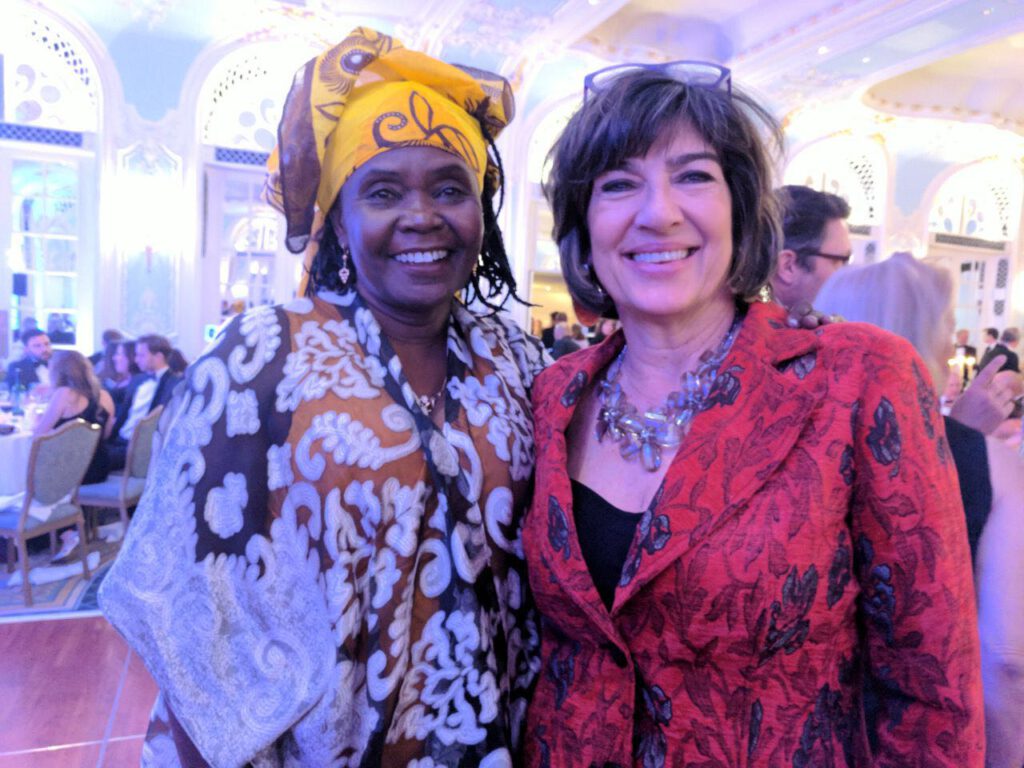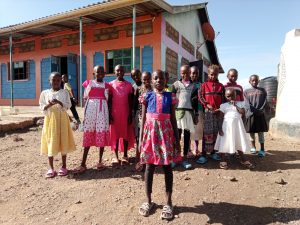
We are meeting the needs of children who have never been in school by making our school safe and accessible. Our unique rehabilitation focus is helping children left out of mainstream schooling to find their place in education. Our school facilitates 8 primary school classes as well as an early learning centre for 35 young children between ages 3 and 5. With an average of 21 children per class, our teachers are working together to reach the diverse learning needs of our pupils.
For many of the children, it is their first time to be in school. Others have fragmented experiences of dropping in and out of different schools. All the children were forced to grow up fast and have diverse experiences of living on the streets. This has created gaps in their development and hardened their characters. Extremely mistrustful of adults, we take time to meet the children where they are and help fill the gaps in Art For Life. We focus on creating a secure holding environment based on mutual respect and dignity.
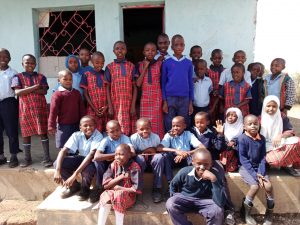
A Challenging Task for Teachers
Meeting the diverse learning needs of the children is a challenge for teachers. Each teacher is overseeing their own group of 12 pupils and focuses on building trust and communication skills. For many of our children, their knowledge of English is poor and their literacy skills are limited. This year we are coaching our teachers to use creative methods in academic learning. We are also engaging pupils in collaborative outdoor learning projects, like tree planting and farming. Teachers and pupils are taking up leadership positions across different departments. This is helping to nurture individual responsibility and collective effort.
Our holistic approach to education prioritises creativity and practical skills as the foundation for children to participate in formal academic learning. Everyday we witness the transformation in children who feel ashamed of themselves. They gain confidence from vocational training and are able to find their voice in class. This is improving their performance and levels of meaningful participation. In this way we are meeting the needs of children who have never been in school.
